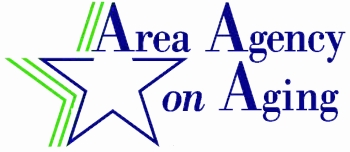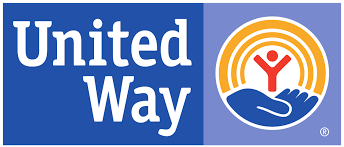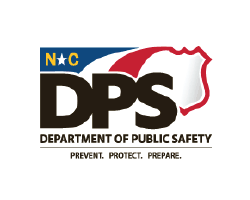Child Advocacy Center
The Child Advocacy Center provides a safe and neutral location in which law enforcement and child protective services can observe forensic interviews with children who are alleged victims of abuse, and where the child and non-offending family members can receive support and education about the investigative process.
Family members are able to meet with the professionals working on their child’s case, and discuss possible services that the child and family may benefit from. Every family served through the Child Advocacy Center is offered Trauma Focused Cognitive Behavioral Therapy (TFCBT) free of charge.
The CAC also houses the Child Abuse Response Team (CART) that meets monthly to collaborate on cases with the goal of providing the best outcome for the child victim.






